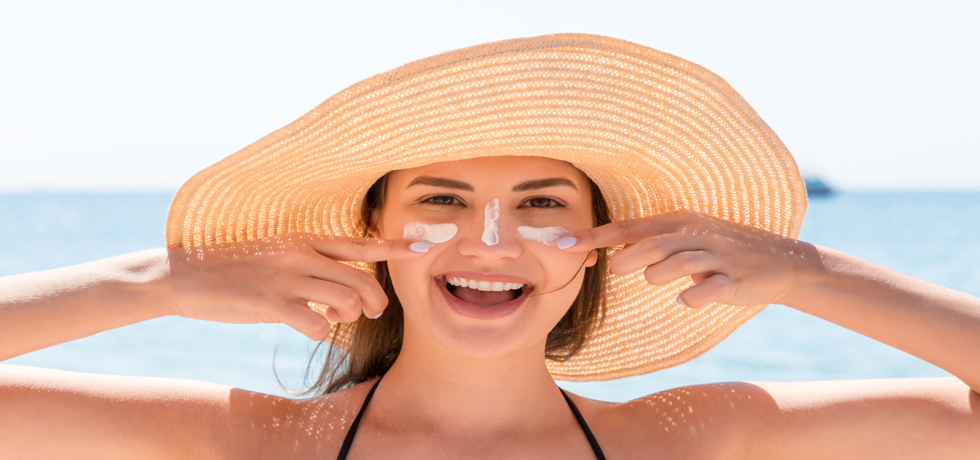
Understanding Octisalate: Your Guide to Safe Sunscreen Use
Introduction to Octisalate and Sunscreen Protection
Sunscreen is an essential part of any skincare routine, especially in a sunny country like India where UV rays can cause serious skin damage. Among the various ingredients in sunscreen formulations, octisalate plays a crucial role in offering protection against harmful UVB rays. Understanding octisalate can help you make informed decisions about the sunscreen products you choose, ensuring that you safeguard your skin effectively and safely.
What is Octisalate and How Does It Function?
Octisalate, also known as ethylhexyl salicylate, is a clear oil-soluble liquid widely recognized for its effectiveness in absorbing UVB radiation. It forms a protective film on the skin upon application, transforming harmful UV rays into less damaging energy. Used primarily in sunscreen products at concentrations of up to 5%, octisalate works harmoniously with other active ingredients to ensure you receive broad-spectrum protection from both UVA and UVB rays.
The Significance of UVB Protection
The importance of UVB protection cannot be overstated, as these rays are primarily responsible for causing sunburns and contributing to the risk of skin cancer. Sunscreens containing octisalate effectively thwart UVB rays, ensuring your skin is well-protected during sun exposure. It’s essential to apply and reapply sunscreen generously, especially after activities like swimming or sweating, to maintain optimum protection.
Safety Assessments of Octisalate
Regulatory agencies, including the FDA, have deemed octisalate safe for sunscreen use, provided it’s applied according to labeled instructions. Some studies have raised concerns regarding its potential for skin absorption; however, research has shown that octisalate is unlikely to significantly disrupt hormonal balance at the typical dosages used in sunscreens. Overall, using sunscreen products containing octisalate is considered safe for most individuals.
Environmental Impact and Alternatives
As more individuals become conscious of environmental concerns, understanding the implications of octisalate in sunscreens has become paramount. Some studies suggest that octisalate and other chemical sunscreen ingredients might affect marine ecosystems. As an alternative, mineral sunscreens that include zinc oxide and titanium dioxide are increasingly popular, as these ingredients are regarded as environmentally friendly and provide broad-spectrum protection.
Choosing the Right Sunscreen for Your Needs
When selecting sunscreen, consider factors like SPF, skin type, and personal preferences. Make sure to choose a product labeled as “broad-spectrum” to protect against both UVA and UVB rays. If you have sensitive skin, opt for formulations that are fragrance-free or hypoallergenic. Remember to look for a sunscreen that provides adequate water resistance to ensure protection during outdoor activities.
Conclusion and Final Recommendations
Understanding octisalate and its function in sunscreens can empower you to make better skincare choices. Ensure you apply sunscreen daily, even on cloudy days, and reapply it every two hours for maximum protection. If you’re unsure about which sunscreen is best for you, consult with a dermatologist for personalized advice that suits your specific skin type and concerns.
FAQ about Octisalate and Sunscreens
1. Is octisalate safe for all skin types?
Yes, octisalate is generally safe for various skin types. However, individuals with sensitive skin should seek hypoallergenic formulas.
Yes, octisalate is generally safe for various skin types. However, individuals with sensitive skin should seek hypoallergenic formulas.
2. Can I use sunscreen with octisalate every day?
Absolutely! Using sunscreen daily, regardless of the weather, is vital for protecting your skin from UV damage.
3. What should I do if I experience irritation from a sunscreen?
If irritation occurs, discontinue use and consult with a dermatologist for alternatives that suit your skin’s needs.
For professional assistance and expert advice from leading dermatologists like Dr. Hital Patel, experience the benefits of Understanding Octisalate: Your Guide to Safe Sunscreen Use with Hair & Skin Specialist Dr. Hital Patel at The Skin Artistry. Our clinics in PDPU Gandhinagar, Vastrapur Ahmedabad and Hyderabad (Visiting Consultant) offer top-quality care and personalized treatments. Visit us today to learn more about our services and take advantage of our special offers! For more insights, updates, or to collaborate, stay connected with The Skin Artistry.

